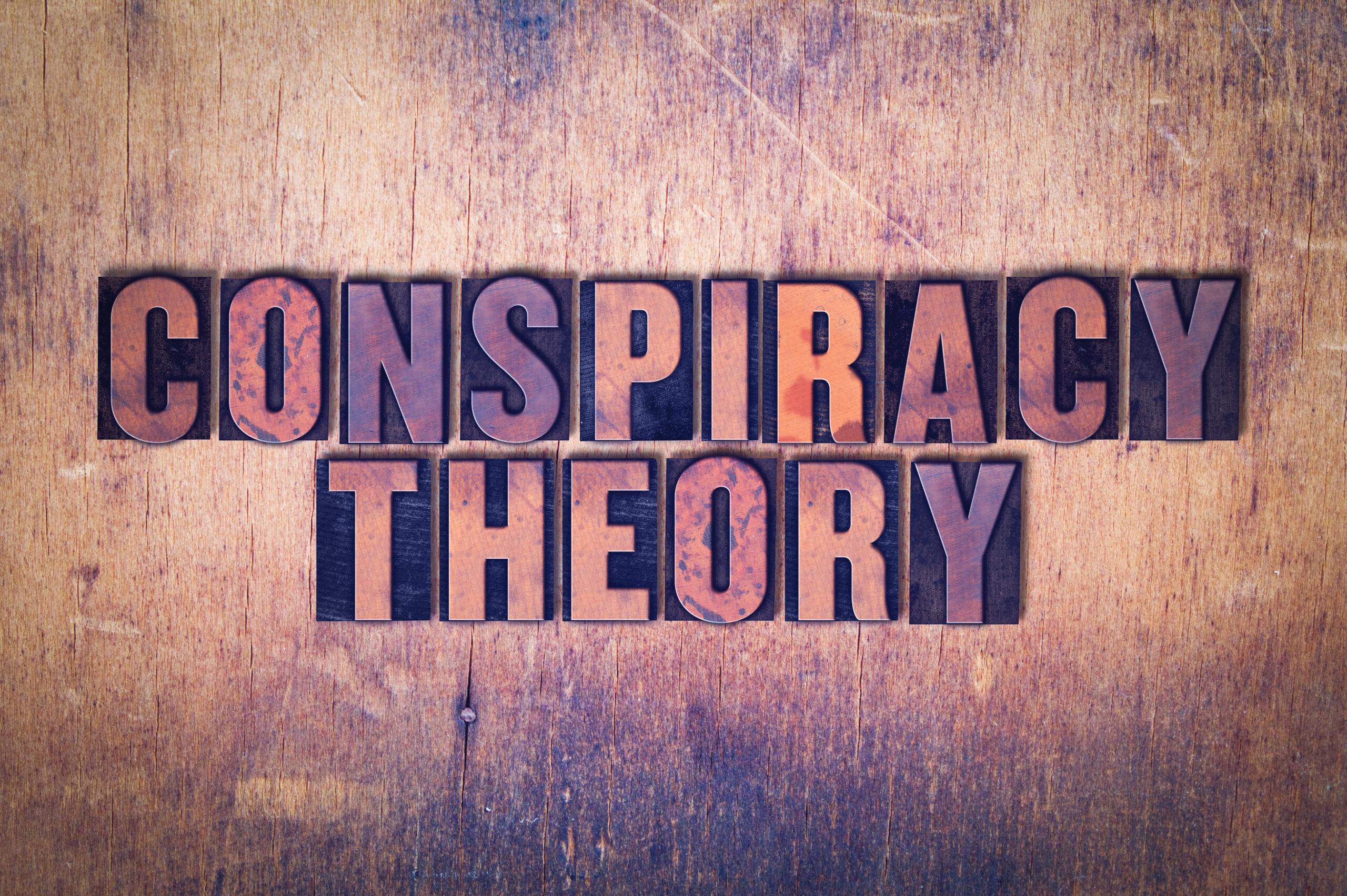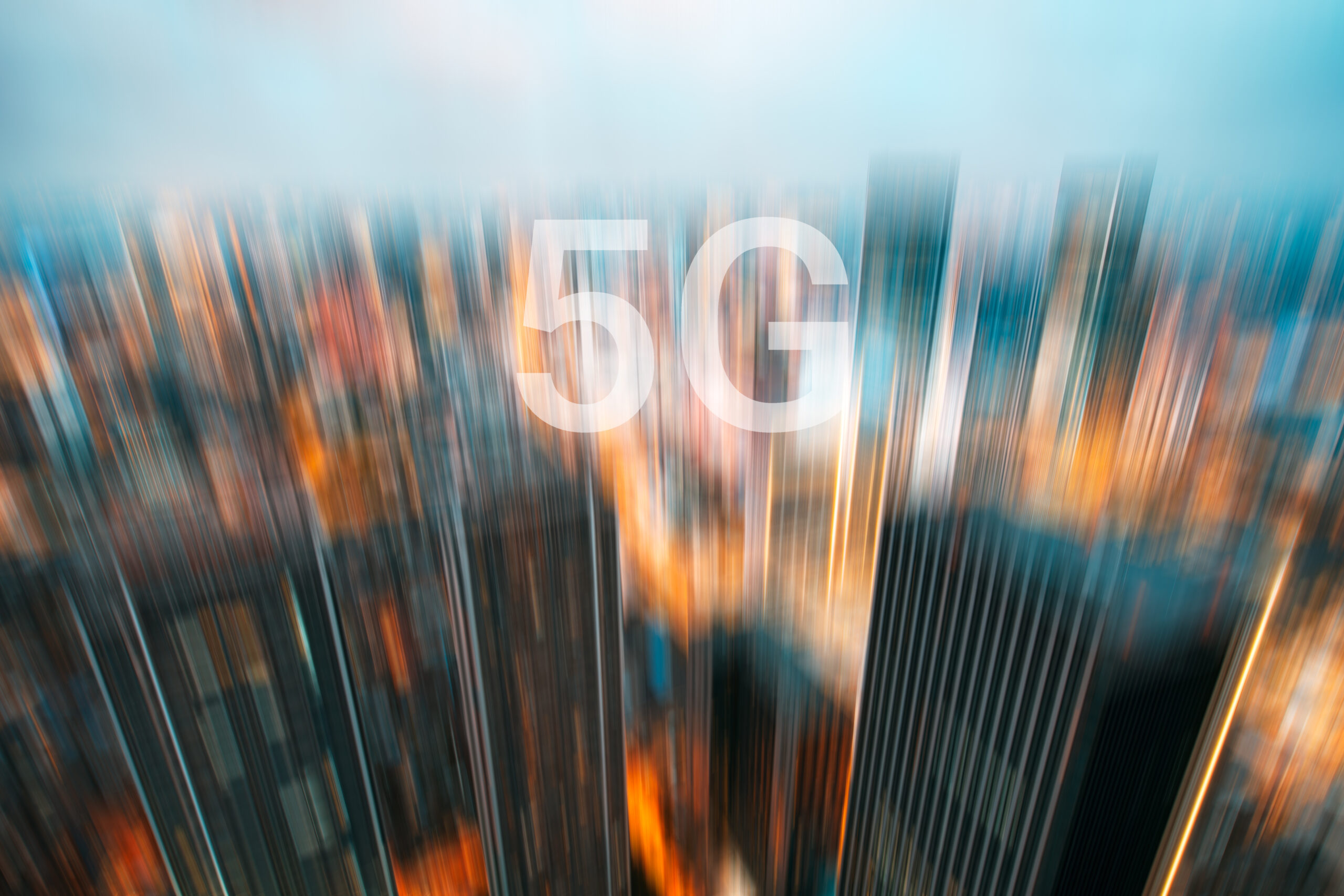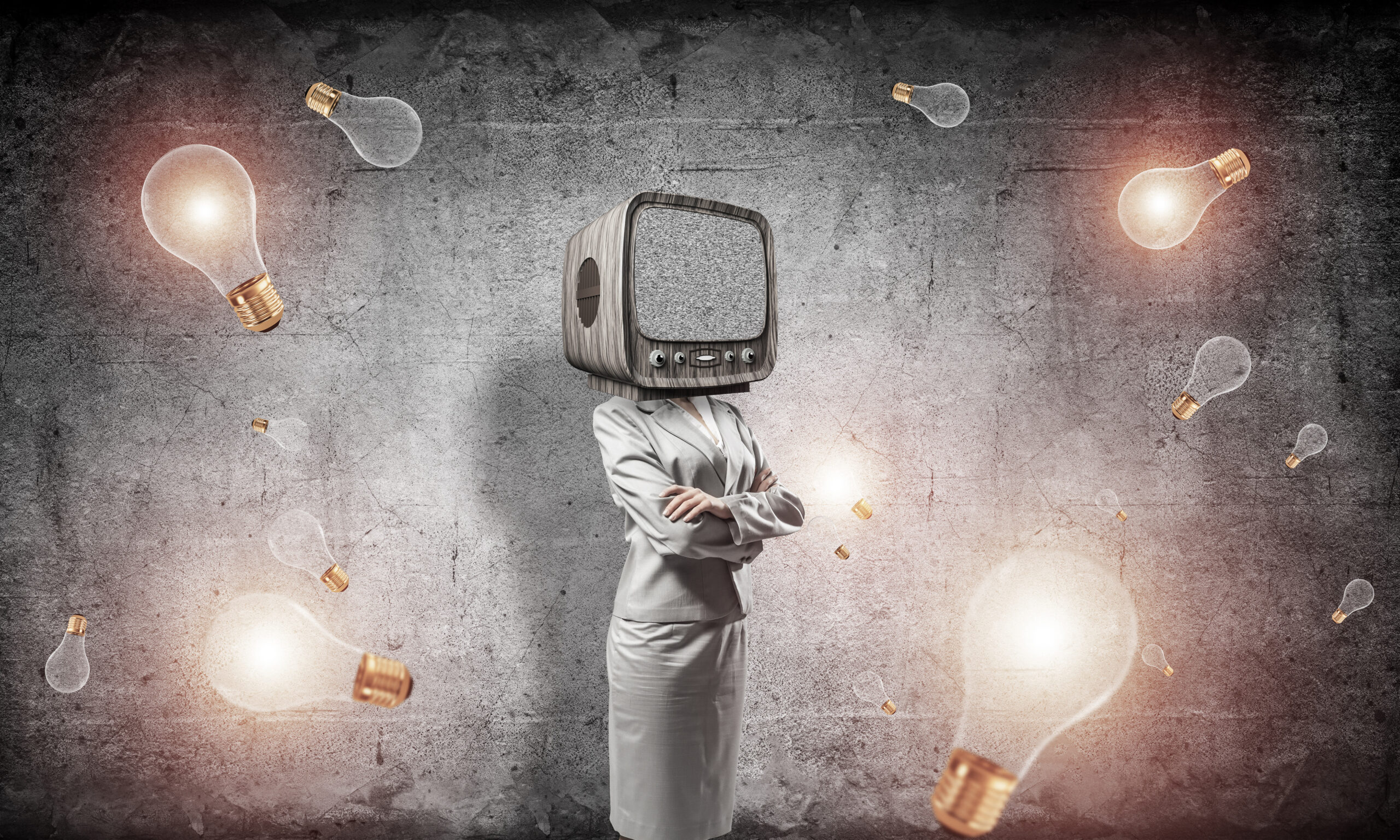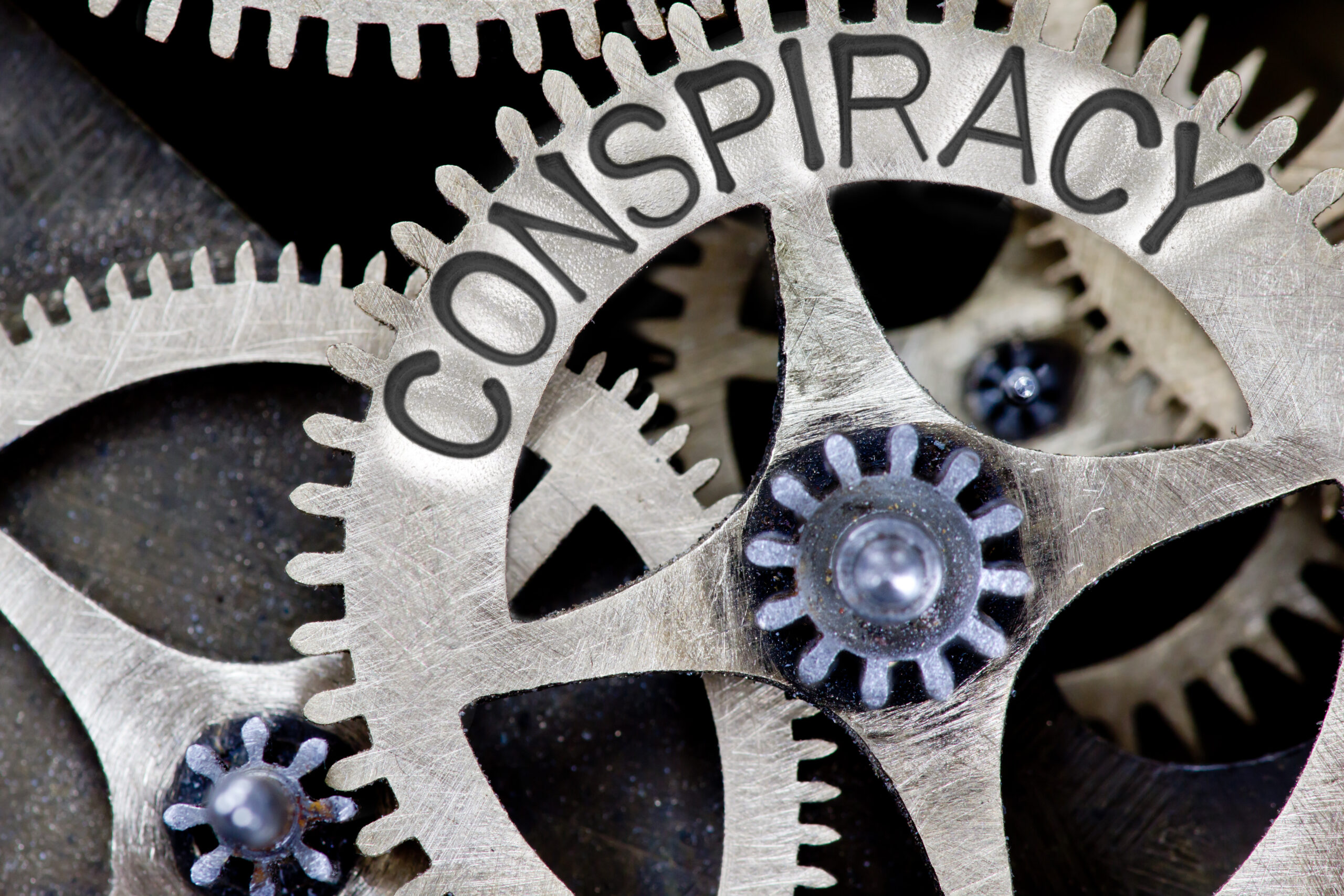
123rf
In the vast expanse of the internet and beyond, conspiracy theories have found a fertile breeding ground. While some are harmless, others can be downright dangerous, fostering distrust and spreading misinformation. Here are 11 conspiracy theories that have outstayed their welcome.
1. The Moon Landing Was Faked

123rf
Despite overwhelming evidence to the contrary, some still claim the 1969 moon landing was a hoax staged by NASA. This theory undermines the monumental achievements of scientists and astronauts alike. It’s based on misinterpretations of photos and videos. The scientific and historical consensus affirms the moon landing’s authenticity. Debunking this theory is crucial to preserving the legacy of space exploration. It’s a disservice to the countless individuals who worked to make this giant leap for mankind.
2. The Earth is Flat

123rf
The flat earth theory dismisses centuries of scientific progress. Proponents ignore basic physics and observable facts. This belief undermines education and promotes scientific illiteracy. Despite ample evidence from space agencies worldwide, flat-earthers remain skeptical. Embracing this theory rejects not only science but also common sense. It’s time to leave this archaic idea in the past where it belongs.
3. Chemtrails Control the Weather

123rf
The chemtrail conspiracy posits that the trails left by airplanes are chemical or biological agents deliberately sprayed for sinister purposes. This theory lacks scientific credibility and evidence. Believers claim these supposed chemtrails affect weather and manipulate minds, ignoring the simple explanation of condensation trails. Promoting this idea fuels unnecessary paranoia about environmental and health policies. It’s a misunderstanding of atmospheric science that needs dispelling. Rational discourse based on facts, not fear, should guide conversations about our skies.
4. Vaccines Cause Autism

123rf
The claim that vaccines cause autism has been thoroughly debunked. It originated from a fraudulent study that has since been retracted. This conspiracy theory endangers public health by discouraging vaccination. Vaccines are a cornerstone of modern medicine, preventing countless diseases. Believing in this debunked theory undermines decades of medical progress. Trust in science and medicine is essential for a healthy society.
5. 5G Technology Spreads COVID-19

123rf
Linking 5G technology to the spread of COVID-19 is a recent and baseless theory. It has led to vandalism and harassment of telecommunications workers. Scientific research shows no connection between 5G and the coronavirus. This conspiracy detracts from understanding and addressing the real challenges of the pandemic. Believing such unfounded claims hinders effective public health responses. We must rely on scientific evidence to navigate health crises, not groundless theories.
6. New World Order and Global Control

123rf
The New World Order conspiracy suggests a secret power elite with a globalist agenda is conspiring to rule the world. This theory fosters unwarranted fear and distrust in international cooperation and governance. It often ties into other conspiracy theories, creating a web of unfounded paranoia. Understanding global complexities is crucial, but attributing them to a sinister cabal is misleading. Such narratives distort legitimate discussions on global governance and sovereignty. Debunking this theory is essential to foster a realistic understanding of international relations.
7. Aliens Are Among Us

123rf
The idea that aliens are secretly living among us and influencing world events is a sci-fi trope turned conspiracy theory. While the search for extraterrestrial life is a legitimate scientific endeavor, these claims lack credible evidence. This theory often relies on sensationalism rather than scientific inquiry. It detracts from the genuine scientific pursuit of understanding our universe. While the universe is vast and full of mysteries, the alien conspiracy theory distracts from serious Astro biological studies. Encouraging curiosity and skepticism is healthy, but it should be grounded in reality.
8. The Illuminati Controls the World

123rf
The Illuminati conspiracy theory claims that a secret society controls global events and institutions. This theory attributes too much power to an organization that hasn’t existed for centuries. It’s a narrative that simplifies complex world issues into good versus evil. Believers often use this theory to explain away the complexities of global politics and economics. This distracts from the real and nuanced discussions necessary for understanding global dynamics. The Illuminati theory serves more as a fictional plot than a reality of world affairs.
9. The Holocaust Never Happened

123rf
Denying the Holocaust, an event with extensive historical documentation, is both ignorant and harmful. This conspiracy theory is a form of anti-Semitism that distorts history and disrespects the memory of millions who suffered. It’s been debunked by countless historical records and eyewitness testimonies. Holocaust denial undermines the truth and promotes hate. Educating about the realities of history is vital to prevent such dangerous misconceptions. Acknowledging historical atrocities is crucial for learning and preventing future injustices.
10. Mind Control Through Media

123rf
The belief that media outlets are instruments for mass mind control by elite groups oversimplifies the nature of media influence. While media can shape perceptions and trends, claiming it’s a tool for brainwashing underestimates individual critical thinking. This theory generates distrust in information sources and hinders constructive media criticism. It’s important to analyze media critically, but attributing every influence to nefarious control is exaggerated. Encouraging media literacy and critical thinking skills is more productive than succumbing to baseless conspiracies.
11. The Pharmaceutical Industry is Suppressing Cures

123rf
The theory that the pharmaceutical industry intentionally suppresses cures to maintain profit margins is deeply flawed. It ignores the complexities of medical research and development. While the industry has its issues, such as pricing and access to medication, accusing it of hiding cures is unfounded. This conspiracy can lead to distrust in medical professionals and hesitancy towards treatments. Critical examination of the pharmaceutical industry is necessary, but it should be based on facts and evidence. Constructive dialogue, not conspiracy theories, will lead to better healthcare outcomes.
Beyond the Shadows of Doubt

123rf
As we navigate through an era of unprecedented access to information, discerning fact from fiction becomes crucial. These conspiracy theories, while gripping, are distractions from the significant, real-world challenges we face. By promoting critical thinking and relying on evidence-based knowledge, we can move beyond these baseless beliefs and work towards a more informed and rational society.
